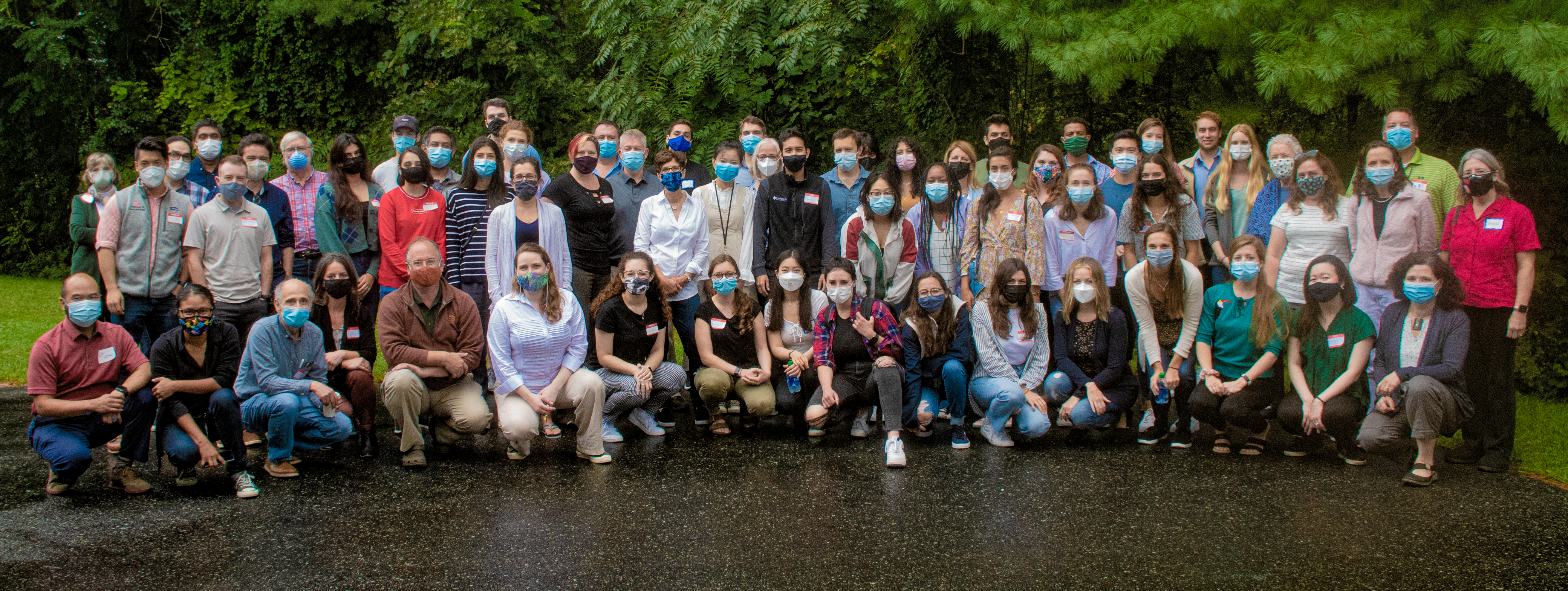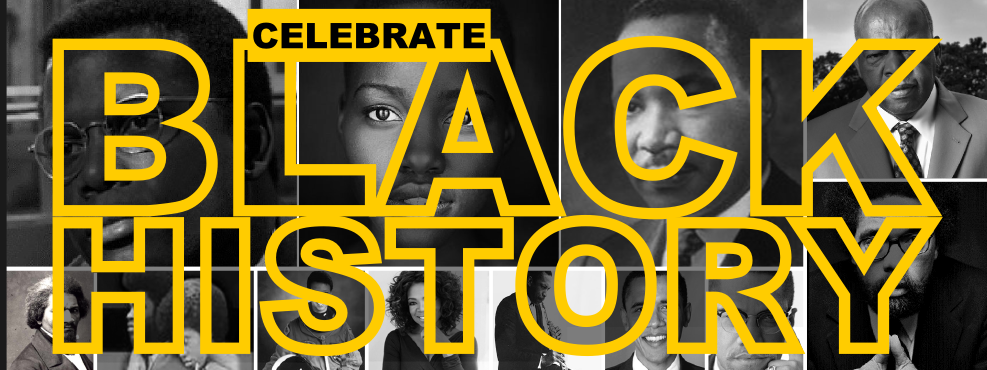Diversity, Equity, inclusion & Justice (DEIJ) – The Department of Anatomy & Neurobiology’s DEIJ committee aims to promote inclusivity throughout our community. The committee holds regular meetings to support and advance these efforts. If you are interested in joining or learning more, please email ancamed@bu.edu.
DEIJ Subcommittees:
The emphasis of A&N’s Community Engagement Subcommittee is to help department students, staff, and faculty engage with the local community, particularly with students from under-resourced neighborhoods. Department members have joined both national and local organizations in outreach efforts including, among others: Dana Foundation’s Brain Awareness Week, Upward Bound, Hugo Mentors, Framingham Heart Study’s U19 Mentorship Program, and Anatomy Academy. By engaging in these partnerships, the subcommittee seeks to cultivate mutually advantageous connections between the department and community members, nurturing positive outcomes for both entities.

Left: A&N Graduate students teaching brain anatomy at the Cambridge Science Carnival. Center: 2nd-year medical student Anatomy Academy Mentors finishing up a session with pre-health sciences students from the Match Charter Public School (Brookline, MA). Right: Dr. Wisco and 2nd year medical students from the Ultrasound is for Everyone Club finishing up a session with the BU chapter of the National Society of Black Women in Medicine.
The Department of Anatomy & Neurobiology is dedicated to excellence in teaching and fostering a supportive and inclusive learning community. As such, the Inclusive Curriculum and Learning Subcommittee focuses on enhancing educational practices to promote inclusivity and support diverse learners. To date, committee members have developed Guidelines for Creating Diverse Curricula and an Inclusive Learning Environment (https://www.bumc.bu.edu/anatneuro/diverse-learning-env/). This document encourages educators at all levels of their professional journey to evaluate and revise existing course content and/or create new content that addresses the University’s equity and anti-racism stance. At present, subcommittee members, many of whom are poised to become the next generation of educators, are dedicated to advancing their proficiency in refining, constructing, and implementing inclusive pedagogical methods. Subsequently, the objective is to share insights with the broader department community, thereby nurturing an inclusive ethos within A&N.
The Black History Month Subcommittee is dedicated to planning, organizing, and executing events that commemorate and celebrate Black researchers, scholars and clinicians, both historic and present-day. Activities that foster awareness and appreciation of the contributions of Black scholars have included special journal clubs and A&N’s annual Black History Month Symposium. The organization and execution of the Symposium is done in tandem with the URG Speakers/Recruitment subcommittee. Committee members have collaborated on the following symposia topics: Neuroscience of Stress and Resilience Across the Lifespan, Biocultural Perspectives on Anatomization, and Brain Health Equity. Social activities, such as movie night and a virtual program of the Museum of African American History, have also been organized by members of the subcommittee.
The A&N Book Club is a fun way to connect with fellow A&N members. By delving into selected readings, the book club fosters a culture of understanding, awareness, and dialogue around issues related to diversity, equity, inclusion, and justice. Books are chosen by the book club members, who typically meet every 1-2 months. In a relaxed setting, participants take turns guiding an open and casual exchange of ideas. This low-key approach provides a terrific community-building way to spend time together. Some of the books the club has read and discussed in the past include:

With the objective of cultivating a diverse array of ideas and perspectives within the A&N Department, the URG Symposium/Speakers and Recruitment Subcommittee assumes a central role in promoting speaker diversity within the A&N seminar series. Additionally, subcommittee members emphasize recruitment of students, postdocs, and faculty that represent the diversity present among scientists and educators in the fields of anatomy and neurobiology. Specific efforts of this committee include: 1) suggesting specific speaker invitees; 2) organizing emerging scholar (postdoc) seminars; 3) presenting resources for strategies to increase diversity in speakers and recruits. Finally, together with the BHM subcommittee, this subcommittee organizes the annual “Science and Society Symposium”, which is held during Black History Month.
The committee is organizing its first Emerging Scholars Program in Anatomy & Neurobiology – Brain Diversity in Health and Disease – on September 19-20, 2024.
It is organized with the joint support of the BU Diversity and Inclusion Office, the Department and the Dean of the BU Chobanian & Avedisian School of Medicine. It will bring together early career scientists outside BU from historically underrepresented racial and ethnic backgrounds and who are working on any aspect of brain diversity at any scale and with any technique, selected for the excellence of their research. Scholars will spend two days in the department, have the opportunity to present their work as part of a half-day symposium open to the entire BU community, and will be given networking and career-development opportunities with scientists from the Department (e.g., career development workshop/panel discussions, informal social networking events, one-on-one mentoring by department faculty).
The Indigenous Peoples Subcommittee supports the Massachusetts Indigenous Legislative Action to: prohibit use of Native American mascots in public schools, to establish an Indigenous Peoples Day, to promote integration of Indigenous cultures and history into public school curricula, to create a permanent commission relative to the education of the American Indian and Alaska Native residents, and to protect Native American Heritage (ensure that Native American objects currently in government, municipal, and non-profit collections are not sold for profit). We also aim to develop a Land Acknowledgement Statement that can be used by the department of Anatomy & Neurobiology.
The Workshop and Events Subcommittee is responsible for organizing departmental workshops, seminars, and social events that are focused on DEIJ. The goal of this committee is to involve participants in activities that will help provide them with the necessary tools to be antiracists, to realize and manage their implicit biases, to recognize and properly address microaggressions, and to be generally more inclusive in their daily practice.


